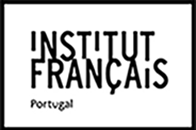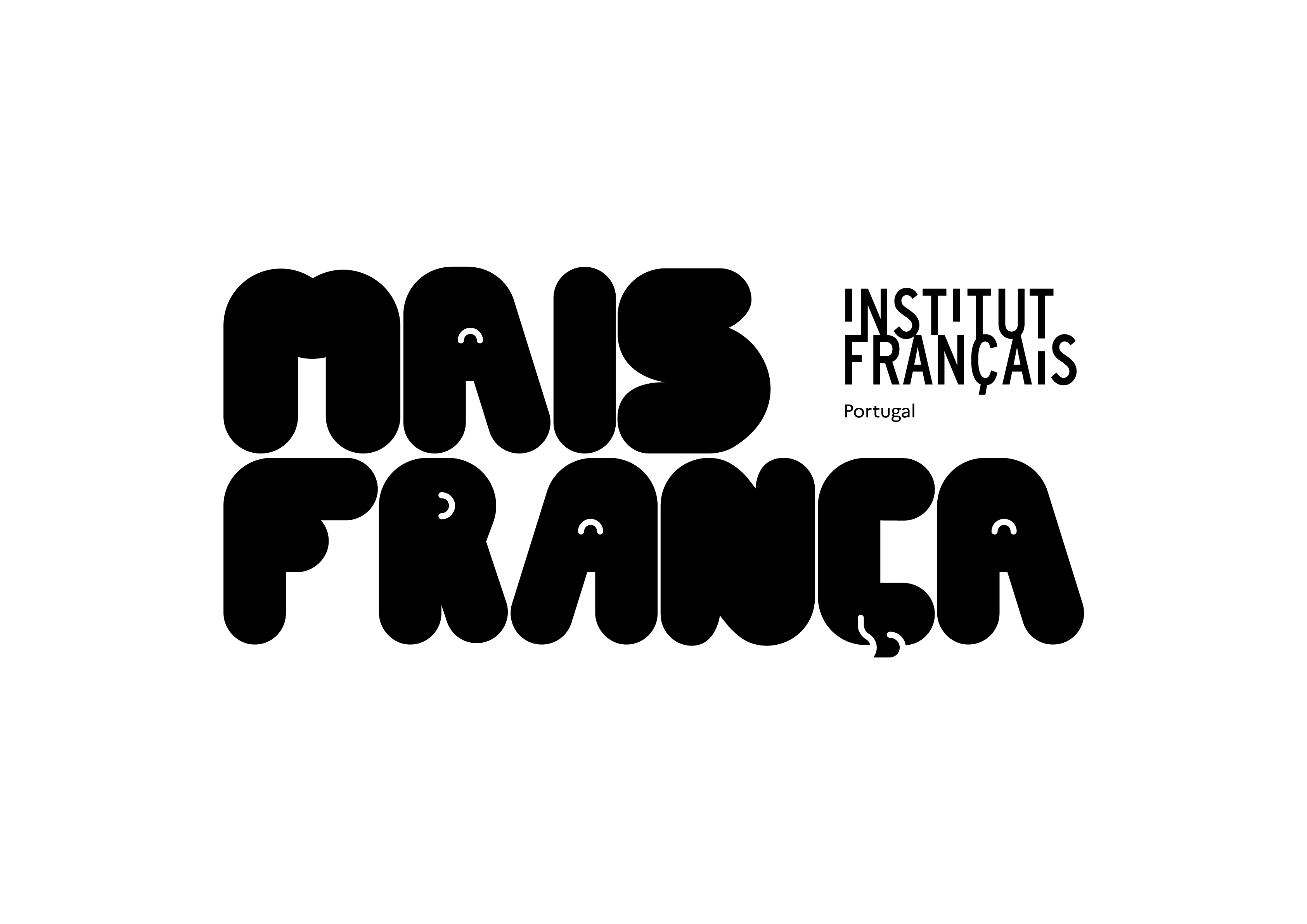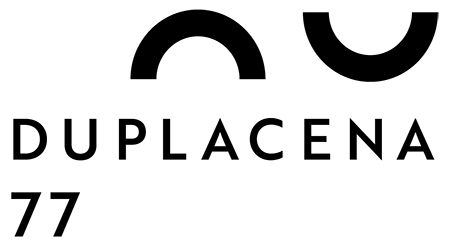
© dn_2025-04-25_saociuyo_manif1
Conversa Aberta
Open Talk
Isabel Nogueira & Convidada/os
2025
1 hora
1 hora
às 18h30
Sessão Conversa
Assinalam-se os 50 anos do que ficou conhecido como “Verão quente” (1975). Em princípio, todos os Verões são quentes, mas, em Portugal, aquele fora-o particularmente, na sequência da vivência mais intensa e, em alguns aspectos, mais extrema, da Revolução de Abril de 1974. Na verdade, a ditadura caiu depois do golpe de Estado (“Operação Fim Regime”), mas a Revolução foi o que imediatamente se lhe seguiu, quer dizer, uma revolução é muito mais complexa e abrangente do que um golpe de Estado/golpe militar. Num país pobre, culturalmente reaccionário, ruralizado, colonialista, fascista e fechado, muito havia a fazer. Tudo havia a fazer. A almejada reforma agrária no Sul latifundiário, ou os conflitos entre patrões e trabalhadores explodiam num país em que, durante meio século, a injustiça social e o desrespeito laboral foram constantes. Em 1975 houve legítimos casos de justiça e houve também casos de violência. O mundo é um lugar complexo. E continua, mais do que nunca, a sê-lo. Hoje os extremismos são outros. Não se prendem com a sobrevivência e justiça social, mas com demagogia e desinformação, as quais, com a sucessiva extinção dos estudos humanísticos e da cultura, geram frutos. Frutos podres. A cultura continua a ser das linguagens mais eficazes no caminho da tolerância, inteligência, superação e empatia. Lutemos por ela. Lutemos por nós, ainda humanos.




















